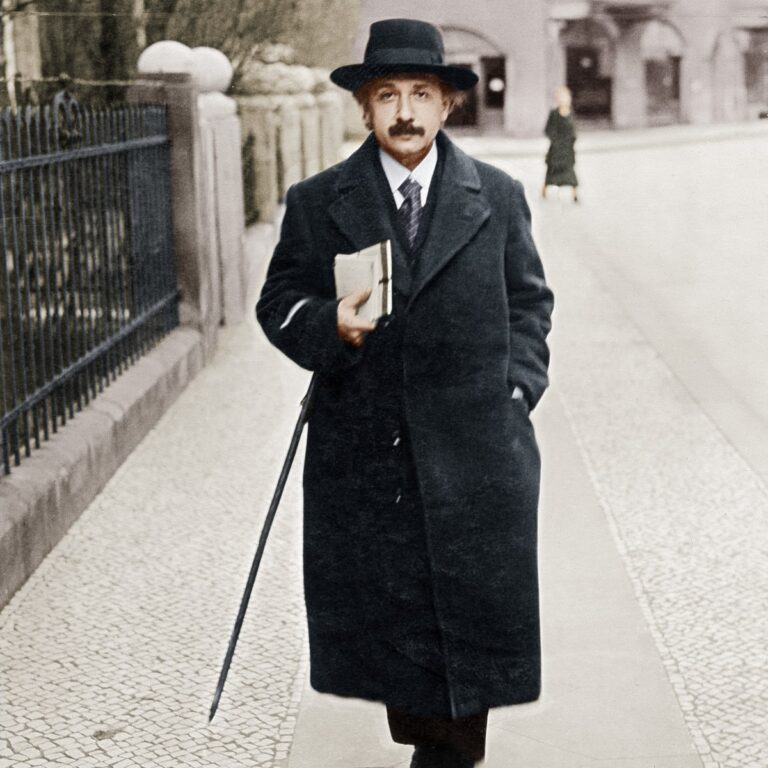Quantum-Inspired Practical Applications — Today
Microsoft Says You Can Have Quantum Computing Impact Today
Selected notes ~
+ Svore and her Microsoft’s colleagues have been investigating many possible applications of quantum computing, including machine learning. “We have papers showing we can improve deep learning with quantum computing, says Svore (for example, “Quantum Deep Learning”). “We have promising evidence that quantum computing may enable us to learn different aspects of a model or different aspects of data” than what could be learned with traditional machine learning approaches.
“Quantum computers simulate nature, they give us access to how nature computes,” Svore summarizes the potential of this emerging technology and why Microsoft is investing today in providing quantum learning opportunities for its customers.
+ Some examples of the results of running quantum-inspired algorithms on today’s computers:
+ To improve the speed and quality of MRI images, Case Western Reserve University used quantum-inspired algorithms to produce a new magnetic resonance fingerprint approach for patient scans that are up to three times faster and 30 percent more precise. Those advances could help doctors detect cancer and other diseases earlier, develop new drugs for conditions where progress is hard to measure today, or use imaging to diagnose cancers rather than relying on invasive procedures like biopsies.
+ To reduce road congestion, Ford experimented with a balanced routing system—one that would require extensive computational resources to consider all the various route requests from drivers and optimize route suggestions so that the number of vehicles sharing the same roads is minimized. Ford tested several different possibilities, including a scenario involving as many as 5,000 vehicles—each with 10 different route choices available to them—simultaneously requesting routes across Metro Seattle. In 20 seconds, balanced routing suggestions were delivered to the vehicles that resulted in a 73 percent improvement in total congestion when compared to traditional routing. The average commuting time was also reduced by 8 percent, the equivalent of an annual reduction of more than 55,000 hours saved in congestion across this simulated fleet.
+ To reduce vehicle idling time, Japanese startup Jij—founded in 2018 by theoretical physicists—and Toyota Tsusho have been working to optimize the timing of traffic lights in order to reduce the number of idling vehicles, improve the driving experience, relieve city congestion, and ultimately reduce carbon emission. Using quantum-inspired optimization, they were able to reduce car waiting time by 20% when compared to conventional optimization methods.
Source: Forbes. Gil Press, Microsoft Says You Can Have Quantum Computing Impact Today…
Content may have been edited for style and clarity. The “+” to the left of paragraphs or other statements indicates quoted material from “Source:” document. Boldface title is original title from “Source:” Italicized statements are directly quoted from “Source:” document. Image sources are indicated as applicable.

